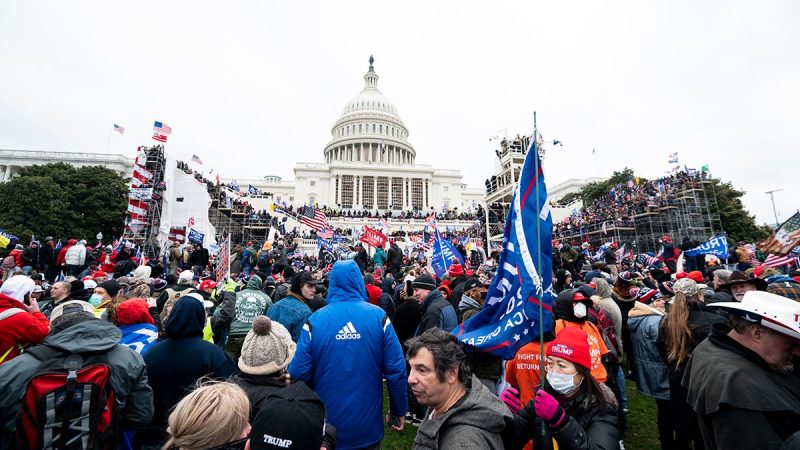Body:
The recent revelation that the House Jan. 6 Committee deleted over 100 encrypted files just days before the GOP took the majority has sparked controversy and raised concerns about the integrity of the investigation. According to sources familiar with the matter, these files contained crucial information related to the events surrounding the Capitol riot. The decision to delete them has ignited accusations of deliberate obstruction and manipulation of evidence, as well as calls for accountability.
The Jan. 6 Committee was established to investigate the events leading up to and on the day of the Capitol attack, where a mob of pro-Trump supporters stormed the U.S. Capitol building, resulting in violence, injuries, and even deaths. The seriousness of the incident prompted a bipartisan effort to get to the truth and hold responsible individuals accountable. However, the recent revelation regarding the deletion of encrypted files has cast a shadow over these efforts.
Deleting encrypted files raises several questions about the transparency and fairness of the investigation. Encrypted files are typically used to secure sensitive information, and their deletion can be seen as an attempt to hide or manipulate evidence. The timing of the deletion, just before the GOP took the majority, has raised suspicions of partisan motives behind this action. Critics argue that the Committee’s decision to delete these files undermines the credibility of the investigation and gives the impression of a cover-up.
Those in favor of the Committee’s actions argue that the deletion of these files was a routine part of the investigation process and not motivated by any intention to obstruct justice. They claim that the files were deleted to ensure compliance with standard data management protocols or to protect the privacy of individuals unrelated to the investigation. However, critics find this explanation inadequate, as the importance and sensitivity of the information contained within these encrypted files cannot be underestimated.
Transparency is essential in any investigative process, especially one as significant as the Jan. 6 Committee’s investigation. People across the political spectrum are seeking answers about the events leading up to the Capitol attack, and any actions that compromise the integrity of the investigation undermine the trust of the public. The deletion of more than 100 encrypted files has further eroded public confidence in the fairness and impartiality of the Committee’s work.
To restore faith in the investigation, it is crucial for the Jan. 6 Committee to provide a clear and detailed explanation for the deletion of these files. The public deserves to know the reasons behind this decision and whether it was carried out in accordance with established protocols. Additionally, there should be an independent review of the Committee’s actions to ensure that no deliberate attempts were made to obstruct justice or manipulate evidence.
Moving forward, it is imperative that the Jan. 6 Committee takes steps to rebuild trust and maintain the integrity of the investigation. This includes adhering to strict protocols for data management, ensuring transparent and inclusive decision-making processes, and addressing concerns raised by critics. The investigation into the Capitol attack is too important to be clouded by allegations of bias or cover-ups.
In conclusion, the recent revelation regarding the deletion of over 100 encrypted files by the House Jan. 6 Committee just before the GOP took the majority has raised serious concerns about the integrity and transparency of the investigation. Accusations of deliberate obstruction and manipulation of evidence have further fueled suspicions of partisan motives. To restore public trust, the Committee should provide a comprehensive explanation for these actions and undergo an independent review. The investigation into the Capitol attack must be conducted with the utmost fairness and impartiality to ensure justice is served and to prevent the erosion of trust in our democratic institutions.

